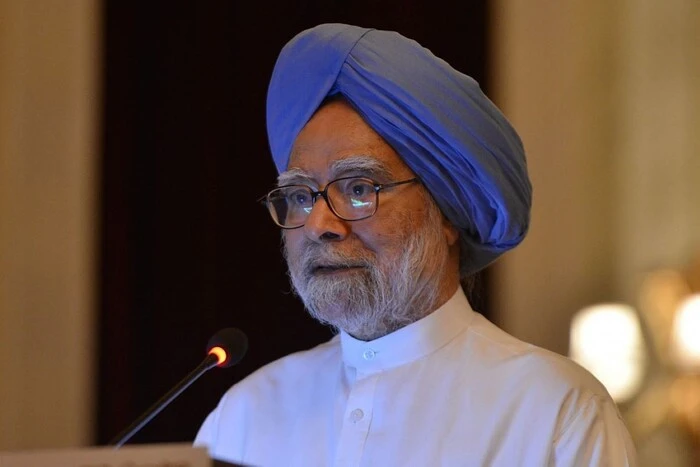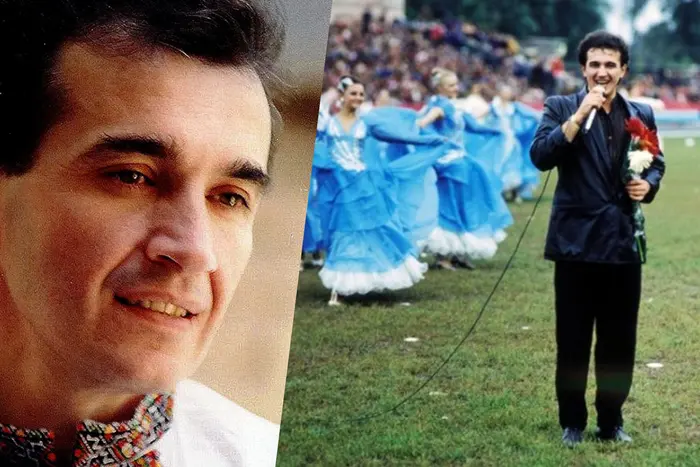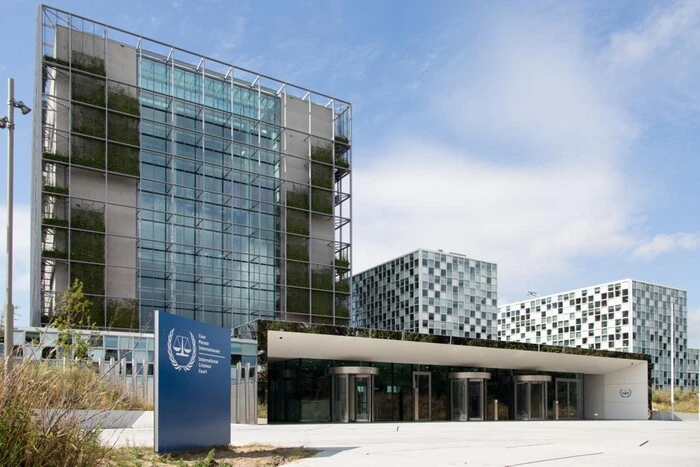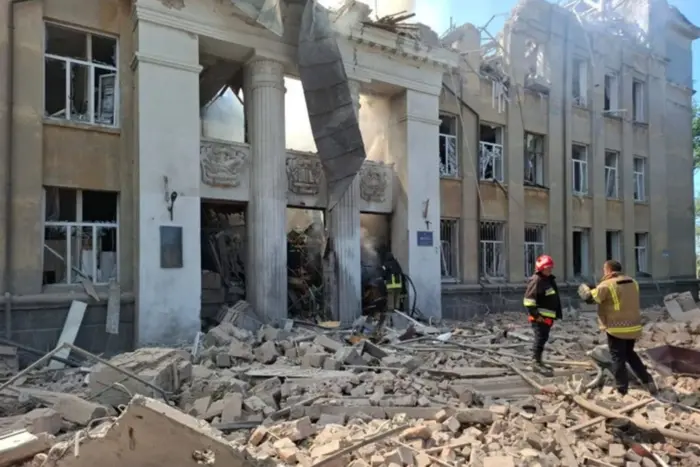Former Indian Prime Minister, 92-year-old Manmohan Singh passes away.


Former Indian Prime Minister Manmohan Singh has died at the age of 92. This was reported by the BBC.
Singh was one of the longest-serving Prime Ministers of India, and he was considered the architect of key liberalizing economic reforms, serving as Prime Minister from 2004 to 2014, and prior to that, as Finance Minister.
According to reports, he was hospitalized in the capital Delhi after his health deteriorated.
Singh was the first Indian leader after Jawaharlal Nehru to be re-elected after completing a full first term and the first Sikh to hold the highest post in the country. He publicly apologized in Parliament for the 1984 riots, during which around 3,000 Sikhs were killed.
However, his second term in office was overshadowed by a series of corruption allegations that plagued his administration. Many say these scandals were partly responsible for his party's devastating defeat in the 2014 general elections.
Singh was born on September 26, 1932, in a desolate village in Punjab province of undivided India, where there was a lack of both water and electricity.
After studying at Punjab University, he earned a master's degree at Cambridge University and then received a PhD at Oxford.
During his studies at Cambridge, financial concerns troubled Singh, his daughter Damandeep Singh wrote in a book about her parents: 'His tuition and living costs were around £600 a year. The Punjab University scholarship gave him about £160. The rest he had to rely on his father. Manmohan tried to live very frugally. relatively cheap – two shillings and six pence.'
Damandeep Singh recalled her father as 'completely helpless at home, unable to boil an egg or turn on the TV.'
Consensus Builder
Singh gained political popularity as India's Finance Minister in 1991 when the country was plunging into bankruptcy.
His surprise appointment ended a long and distinguished career as a scholar and public servant – he served as an economic advisor to the government and became the head of India's central bank.
In his first speech as Finance Minister, he famously quoted Victor Hugo, saying that 'no force on Earth can stop an idea whose Time has come.'
This served as a launchpad for an ambitious and unprecedented economic reform program: he cut taxes, devalued the rupee, privatized state-owned companies, and encouraged foreign investment.
The economy revived, industry boomed, inflation was contained, and growth rates remained consistently high in the 1990s.
'Accidental Prime Minister'
Manmohan Singh was a man acutely aware of his lack of political base. 'It is nice to be a statesman, but to be a statesman in a democracy, you must first win elections,' he once said.
When he attempted to win elections to India's lower house in 1999, he suffered defeat. Instead, he sat in the upper house, elected by his own Congress party.
The same happened in 2004 when Singh was first appointed Prime Minister after Congress President Sonia Gandhi declined the position – apparently to protect the party from damaging attacks over her Italian heritage. However, critics argued that Sonia Gandhi was the real source of power while he was Prime Minister and that he was never truly in charge.
His greatest triumph during his first five-year term was taking India out of nuclear isolation by signing a landmark agreement for access to American nuclear technology.
But this agreement came at a cost – government allies communists withdrew their support after protesting against it, and Congress had to make up the lost numbers, securing support from another party amid allegations of vote-buying.
Building consensus, Singh led a coalition of sometimes complex, stubborn, and potentially unmanageable allies and regional coalition supporters.
While he earned respect for his honesty and intellect, he also had a reputation for being soft and indecisive. Some critics argued that the pace of reforms slowed, and he failed to achieve the momentum he had when he was Finance Minister.
When Singh led Congress to a second decisive victory in the 2009 elections, he promised that the party would 'prove itself.'
But the shine soon began to wear off, and his second term was in the news mostly for the wrong reasons: several scandals involving his cabinet ministers that allegedly cost the country billions of dollars, a Parliament paralyzed by opposition, and massive political paralysis that led to serious economic fallout.
Read also
- Hundreds of thousands of Moscow agents: the ominous prediction of Nazariy Yaremchuk from his diary
- The ambassador revealed the 'scariest myth' about Ukrainian women, spread in Poland
- Traffic accident involving Ukrainians in Romania: Ministry of Foreign Affairs reveals details
- International Criminal Court Reports Cyberattack
- UN: War in Ukraine Becomes Deadlier for Civilians
- Denmark Eases Rules for Foreign Workers










